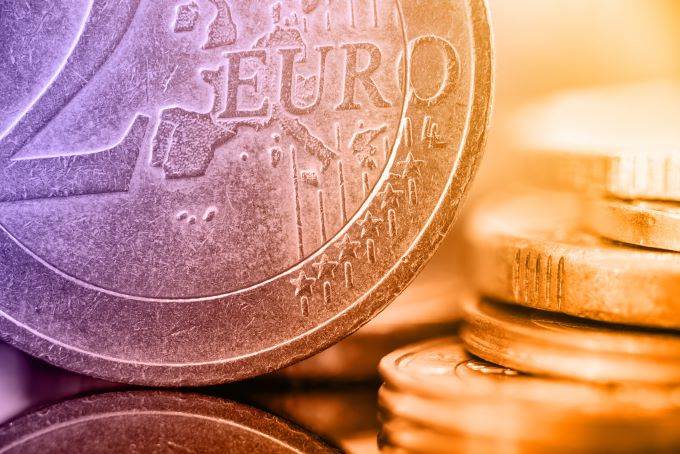 Risky assets rallied and the euro traded near two-months highs on Monday as signs of economic recovery in China gave investors newfound hope that economic recovery will be possible on other parts of the world.
Risky assets rallied and the euro traded near two-months highs on Monday as signs of economic recovery in China gave investors newfound hope that economic recovery will be possible on other parts of the world.
The euro was trading up 0.25 percent against the dollar as of 4:23 p.m. HK/SIN to trade at $1.113. The Australian dollar also surged to a four-month high during Monday's Asian session, trading up over 1 percent before inching downward. It was up 0.87 percent to $0.672 in the late afternoon in Asia. The dollar index eased 0.32 percent as investors favored riskier assets. The greenback edged lower against the yen, down 0.325 percent to 107.42.
The increase in investor optimism came as a result of the Caixin/Markit Purchasing Managers Index which showed unexpected growth in China's factory activity in May. The PMI hit 50.7 in May, the highest reading in China since January, as factories were allowed to return to work and to clear backlogged orders. Analysts expect that the markets will continue to recover as long as economic reopening continues, as evidenced by the economic growth in China. However, health officials remain cautious about reopening and warn that a second wave of infections could not only cause many more casualties but could be even more devastating for the global economy.
Stock Market Movements
Asian stock indexes were trading broadly higher towards the end of the trading session, with Hong Kong's Hang Seng Index enjoying the steepest gains. The index was up 3.36 percent, while China's Shenzhen index trailed close behind with a 3.16 percent gain. China's Shanghai index was up 2.21 percent. South Korea's Kospi gained 1.75 percent and Australia's ASX 200 gained 1.1 percent. Japan's Nikkei 225 was up 0.84 percent.
According to Reuters analysts, the optimism may be premature, as global demand may slow economic growth even as factory activity gradually returns to normal. In contrast to China's encouraging numbers, Japan's factory activity shrank at the steepest rate since 2009 last month, and South Korea's manufacturing sector saw the steepest declines in a decade. Taiwan's PMI also contracted in May, while the PMI in Malaysia and Vietnam rose slightly, though it remained below the 50-point level, keeping both economies in a contraction zone, keeping analysts concerned that the tide isn't turning just quite yet into a reason to fully rejoice.
